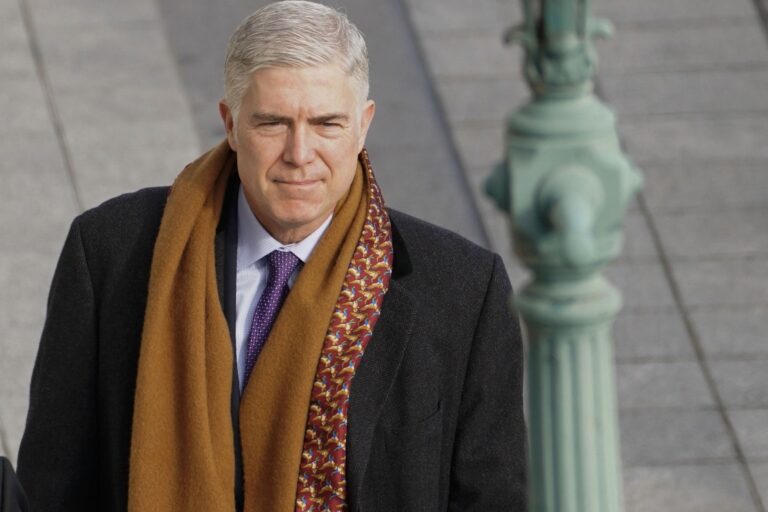16 young people sue their government in landmark climate case
More of This

Badge and Lander Busse tromped into the forest behind their house on a snowy Sunday in March, their three hunting dogs in tow. It was in these woods, just outside Glacier National Park, that the teenage boys learned to hunt, fish, dress a deer and pick birdshot from Hungarian partridges.
It was also here that the Busse boys grew attuned to the signals of a rapidly warming planet — torrential rains that eroded their hiking trails, wildfires that scarred the land, smoke so thick it forced them indoors.
Watching their cherished wilderness succumb to the effects of climate change enraged the Busse boys, and three years ago, they decided to do something about it. Along with 14 other local youth, they joined with an environmental legal organization and sued the state.
Read the story on NY Times
The conservative legal movement is coming for public defenders
Less of This

Sixty years ago this month, the Supreme Court decided a case in which it did more to protect the rights of poor Americans than ever before or since. In Gideon v. Wainwright, the Court unanimously held that the Sixth Amendment’s right to “have the Assistance of Counsel” guarantees a court-appointed lawyer to anyone facing serious criminal charges who can’t afford to hire one. Writing for the majority, Justice Hugo Black characterized this conclusion as self-evident in light of the byzantine U.S. legal system that poor people would otherwise have to navigate alone, and the devastating consequences of any missteps along the way.
“In our adversary system of criminal justice, any person haled into court, who is too poor to hire a lawyer, cannot be assured a fair trial unless counsel is provided for him,” Black wrote. “This seems to us to be an obvious truth.”
Gideon forms the backbone of the modern system of public defense in the United States. It is also one of the liberal Warren Court’s most significant accomplishments on behalf of marginalized people, which means that conservatives have spent every moment since raging against its existence.
Read the story on Balls & Strikes
Justice Gorsuch sides with criminal defendants, and warns about judges with too much power
Speaking Of...

Can the judiciary appoint a special prosecutor to try someone that the Department of Justice refuses to prosecute? That’s the central question in Donziger v. United States, a case that the Supreme Court announced it will not hear on Monday.
That announcement leaves in place an appeals court decision, which effectively lets the courts decide to prosecute someone of their own accord, at least under certain circumstances. The Supreme Court made this announcement, however, over the objections of two justices — one of whom, Justice Neil Gorsuch, argues in a dissenting opinion that “the prosecution in this case broke a basic constitutional promise essential to our liberty.”
He’s got a point. Especially in an era where litigants with an axe to grind can choose which judge will hear their case, permitting the judiciary to decide who to prosecute — and then to hear the very same cases brought by its own court-appointed prosecutors — vests far too much power in unelected judges. If courts have this authority, it is likely to be abused by some of the most partisan judges in the country.
Read the story on Vox
The plan to make voting irrelevant
Perspective

Sherrilyn Ifill is is a civil rights lawyer and former President and Director-Counsel of the NAACP Legal Defense Fund.
On Tuesday, it was reported by NBC News that Senate Minority Leader Mitch McConnell continues to recover at a rehabilitation center after his fall at a restaurant in Washington earlier this month. McConnell spoke with fellow Republican Senators over the phone from the facility and “sounded like Mitch,” according to Senate Minority Whip John Thune.
The news brought to mind McConnell’s exceptional instincts as a political calculator, and in particular his past cynical and perhaps prescient deliberations concerning his own health. In 2020, amid reports that McConnell had visited Johns Hopkins in Baltimore after concerning photos were published showing intense bruising on one of his hands, the Kentucky Republican began a campaign to pressure the GOP-controlled Kentucky Legislature to change that state’s law to remove from the governor—who is a Democrat—the authority to select a candidate to fill the unexpired term of a departing U.S. senator. The ability of the governor to appoint a nominee to fill the unexpired term of a senator without restrictions is the law in 35 states.
Read the story on Slate









